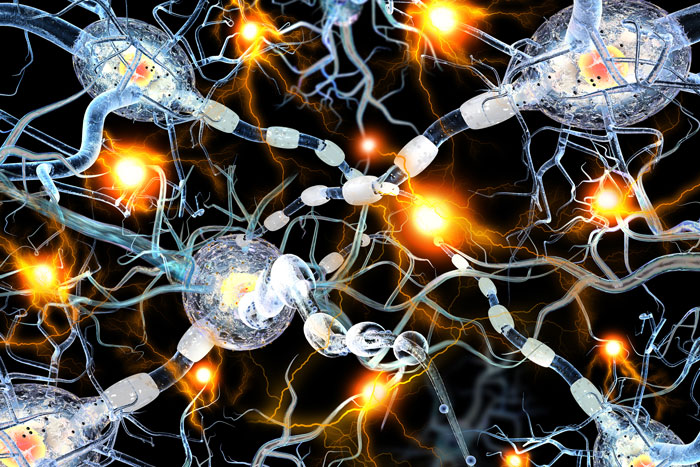Huntington’s Disease
Huntington's Disease and Chorea
Huntington’s disease is a fatal, hereditary, genetic disorder that causes nerve cells in the brain to breakdown progressively overtime. The gene that causes Huntington’s Disease is present in everyone, but it is only active in a select few. Inheriting an active gene from a parent is what causes the disease to manifest.
Huntington’s is an autosomal dominant disorder, which means that a child need only inherit a single copy of the defective gene for the condition to manifest. Typically, with the exception of the gene that determines whether a child is a boy or a girl, offspring will need to inherit two copies of a matching gene for it to manifest as a physical trait. For example, for a child to have blue eyes, they will need to inherit a blue eyed gene from both parents. However, with Huntington’s disease, this is not the case. Inheriting just one defective Huntington gene means that the offspring will develop the condition. Therefore, the chance of a child developing the condition, when one of his or her parents has an active Huntington’s gene, is 50 percent.
Huntington’s symptoms usually start to appear between the ages of 30 to 50 and will worsen over a 10 to 25-year period. It is a degenerative disease that diminishes a person’s physical and mental capacity. As a result, their ability to do simple mental tasks such as reasoning, or physical tasks such as speaking or walking, become progressively compromised overtime. Degeneration of general body function also means that a symptomatic individual becomes more prone to other conditions and common illnesses such as the flu and is likely to succumb to heart failure, pneumonia, or other complications.
Huntington’s disease is a debilitating condition that not only effects the person experiencing it, but also surrounding family and friends so it is important to recognize the symptoms of Huntington’s early on, in order to better manage them. Huntington’s typically presents itself in three stages. In the early stages small changes in coordination, difficulty thinking through problems, and involuntary movements known as chorea, become prevalent. A shift in mood, depression, and irritability may also become apparent.
During the middle stages of the disease, movement becomes more difficult, and chorea is more visible. Chorea is defined by sharp, jerky movements that commonly effect the face, shoulders, and hips. At this stage, medication and physical therapy to help manage the involuntary movements and diminished capacity to speak and reason may be considered.
Huntington’s is not the only disease that causes chorea, though, so it is important to see a specialist as soon as signs begin to manifest. Some other hereditary diseases such as Wilson’s disease and mitochondrial disorders, as well as non-inherited conditions such as bacterial meningitis, tuberculosis, encephalitis and HIV (to name a few) have also been known to cause chorea.
In the late stages of Huntington’s disease, the individual will be completely reliant on others for care. At this point, it is likely that they are unable to speak or move on their own, and may need assistance swallowing. They will, however, still be able to comprehend language and retain awareness of family and friends.
There is no cure for Huntington’s, but detection early on can help families and individuals to manage and prepare for the onset of conditions. Families with a predisposition to the disorder and who wish to have children can opt for pre-genetic diagnostic testing. This can be done with In-vitro Fertilization (IVF) to check whether or not a fertilized egg has the abnormal gene.
If you are already pregnant and anyone in your immediate family, such as your parents, or grandparents have been symptomatic, it is important that you have genetic counselling and screen for the gene in your fetus. It can be done as early as 8 to 10 weeks into the pregnancy, and can be requested without disclosing whether or not the mother carries the active gene or not. This is vital to helping families manage expectations and prepare more effectively.
The neurology experts here at MDPDS work closely with families and individuals with Huntington’s disease or any of the associated symptoms, to determine the best course of action and care needed. In some instances, root causes of chorea may not be linked to Huntington’s at all in which case our team can identify what is the cause and recommend treatment and care programs to fit your unique situation.

Make an Appointment
There is no such thing as a one-size-fits all treatment. As such, we work closely with you to understand your unique circumstances and design care programs that fit your individual needs.
Use Telehealth
No matter where you are or what your movement disability may be, telehealth services ensure that we are always connected and able to assist you, 24/7.
